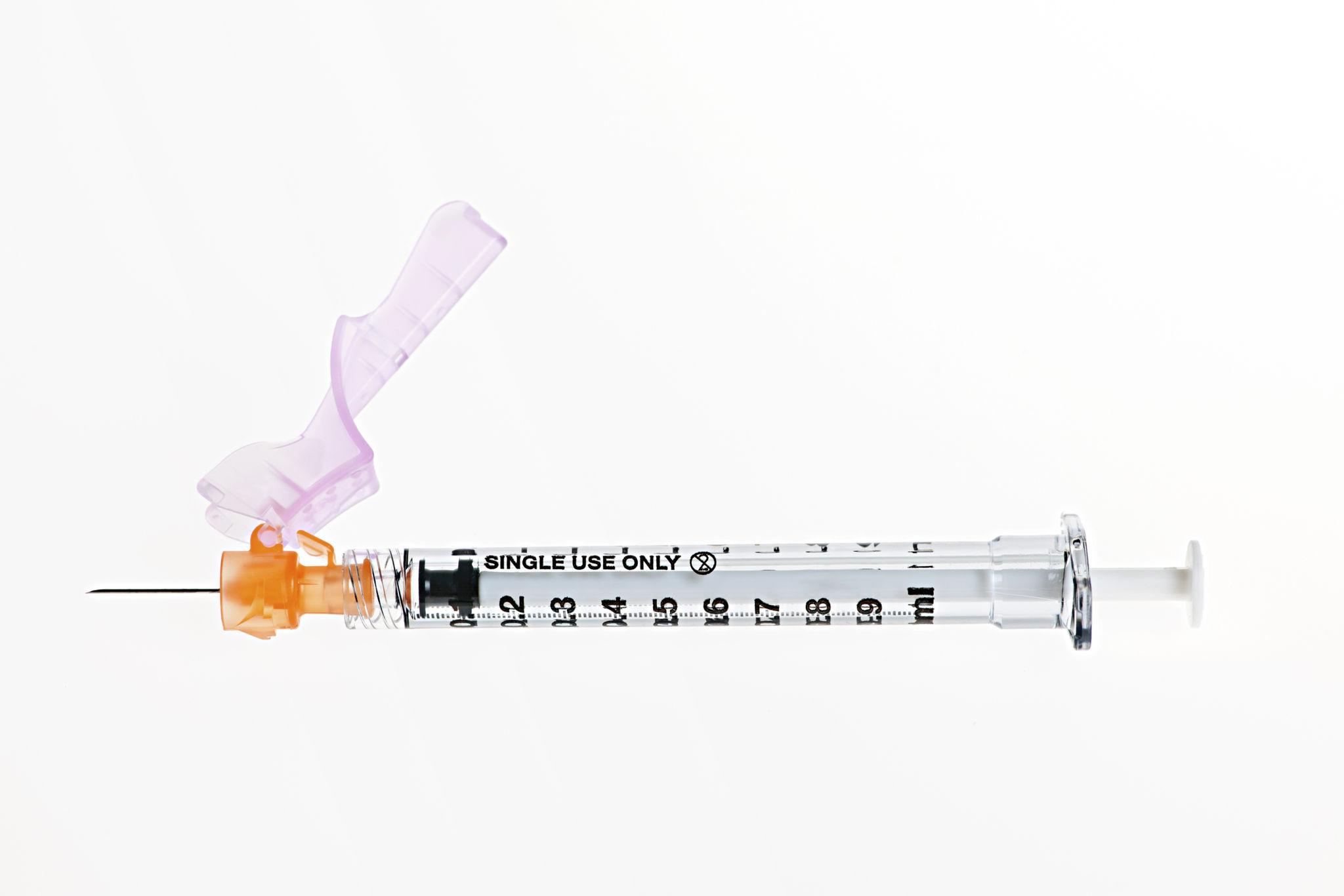Common Misconceptions About Herbal Supplements Debunked
Understanding Herbal Supplements
Herbal supplements have gained popularity as an alternative to traditional medicine, with many people turning to natural remedies for their health needs. However, there are several misconceptions surrounding the use of these supplements. To make informed decisions, it's crucial to debunk some of these myths and understand what herbal supplements can and cannot do.

Myth 1: Herbal Supplements Are Completely Safe
A common misconception is that because herbal supplements are natural, they are entirely safe for everyone. While herbal products are derived from plants, this does not automatically make them free of side effects or safe for all users. It's essential to remember that natural substances can still cause adverse reactions, especially when taken in large doses or combined with prescription medications.
The safety of a supplement also depends on individual health conditions and allergies. Consulting with a healthcare professional before starting any new supplement regimen is always a good practice.
Myth 2: Herbal Supplements Don't Require Regulation
Another prevalent myth is that herbal supplements are not regulated. In reality, while they are not subject to the same rigorous approval process as pharmaceuticals, they are still regulated by agencies like the Food and Drug Administration (FDA) in the United States. However, the regulation focuses more on manufacturing practices rather than effectiveness or safety.

This means that while manufacturers must ensure good manufacturing practices, they do not have to prove that their products are effective before they hit the market. Therefore, consumers should be cautious and conduct their own research into the efficacy of any supplement they consider taking.
Myth 3: More Is Better
Many people believe that taking larger doses of herbal supplements will enhance their benefits. This is not necessarily true and can sometimes be harmful. Like any other substance, herbs can have a therapeutic range, and consuming them in excess can lead to toxicity or adverse effects.
- Always follow recommended dosages on supplement labels.
- Consult with a healthcare provider for personalized advice.
- Avoid mixing multiple supplements without professional guidance.

Myth 4: Herbal Supplements Can Cure Diseases
Claims that herbal supplements can cure diseases are often exaggerated. While some herbs may support overall health or alleviate certain symptoms, they should not be seen as replacements for conventional medical treatments. Herbal supplements can complement conventional therapies but should not be relied upon as sole treatment options for serious health conditions.
It's important to approach these products with realistic expectations and understand that their primary role is often supportive rather than curative.
The Bottom Line
Herbal supplements can be a valuable part of a health regimen, but it's essential to be aware of common misconceptions and approach them with knowledge and caution. By understanding the limitations and proper use of these supplements, individuals can safely incorporate them into their wellness plans. Always seek professional advice when considering new supplements to ensure they align with your health goals and medical history.